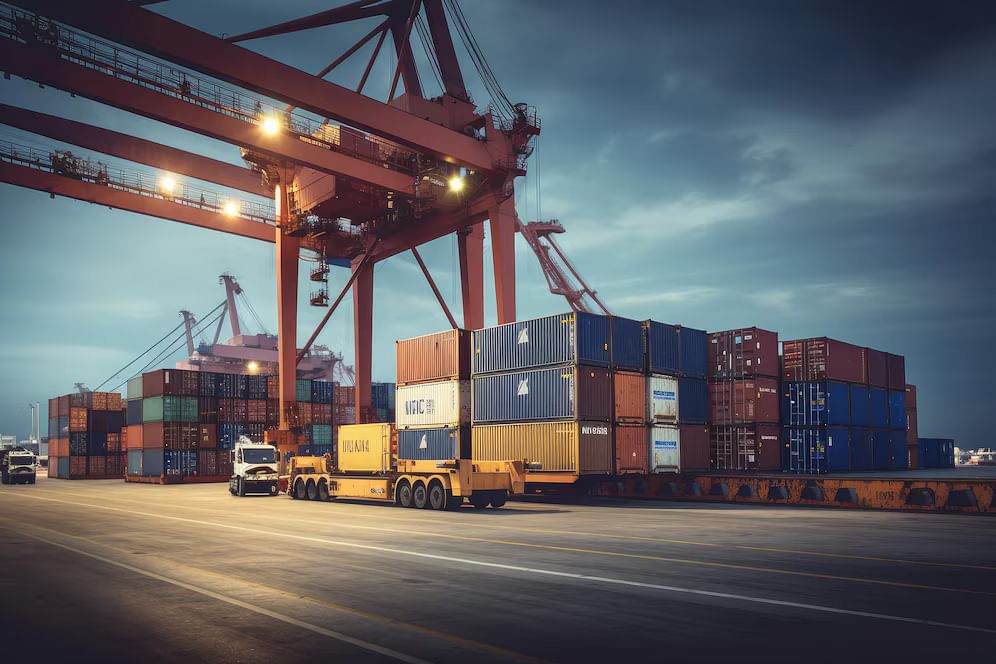
Tata Motors Limited has confirmed that its wholly owned subsidiary, Jaguar Land Rover UK (JLR), is temporarily pausing vehicle shipments to the United States in April 2025 as it responds to newly announced tariffs. This clarification came in an official statement to stock exchanges on April 8, addressing news reports about the company’s reaction to US trade policy changes.
The automaker explained that JLR is currently assessing various measures to address the impact of increased tariffs announced by the USA on April 2. According to Tata Motors, “There is no decision or plan of action. This is just emphasizing that JLR is evaluating various options to suitably address impact of the increased tariff in US market.”
In the original news report referenced by stock exchanges, JLR had stated: “The USA is an important market for JLR’s luxury brands. As we work to address the new trading terms with our business partners, we are enacting our planned short-term actions including a shipment pause in April, as we develop our mid- to longer-term plans.”
Tata Motors emphasized that the news did not stem from any private negotiations but reflected information already available in the public domain. The company also noted that share price movements following the US tariff announcement have affected automotive companies globally, not just Tata Motors.
The clarification was issued in response to inquiries from the BSE Limited and National Stock Exchange of India Ltd., pursuant to Regulation 30 of the SEBI Listing Obligations and Disclosure Requirements.
As automakers reevaluate supply chains and pricing structures, the uncertainty surrounding these tariffs has created challenges in maintaining market stability and consumer confidence. Â
The Indian government, recognizing the importance of the U.S. market for domestic automakers, has opted for a cautious approach. Officials are monitoring economic trends and assessing whether countermeasures are necessary to safeguard the interests of Indian manufacturers. Despite concerns over increased costs for exporters, policymakers are weighing long-term trade strategies rather than rushing into retaliatory actions. Â
Meanwhile, China voiced strong opposition to the new tariffs, expressing concerns about their potential to disrupt international trade and global supply chains. The country hinted at possible responses, though details remained unclear. As trade tensions rise, discussions between key stakeholders could shape future negotiations on tariff policies. Â
Financial markets experienced volatility following the announcement. Dow futures dropped sharply, reflecting investor concerns about the economic consequences of higher import duties. Automotive stocks, particularly companies heavily reliant on U.S. exports, saw fluctuations as businesses worked to gauge the broader impact of the tariffs. Â
With automakers, governments, and trade experts analyzing the evolving situation, the long-term implications remain uncertain. Companies may consider shifting production or modifying vehicle portfolios to align with changing trade policies. As the industry adapts, global commerce will likely see shifts in pricing, supply chain strategies, and manufacturing decisions in the coming years.
📰 Crime Today News is proudly sponsored by DRYFRUIT & CO – A Brand by eFabby Global LLC
Design & Developed by Yes Mom Hosting






